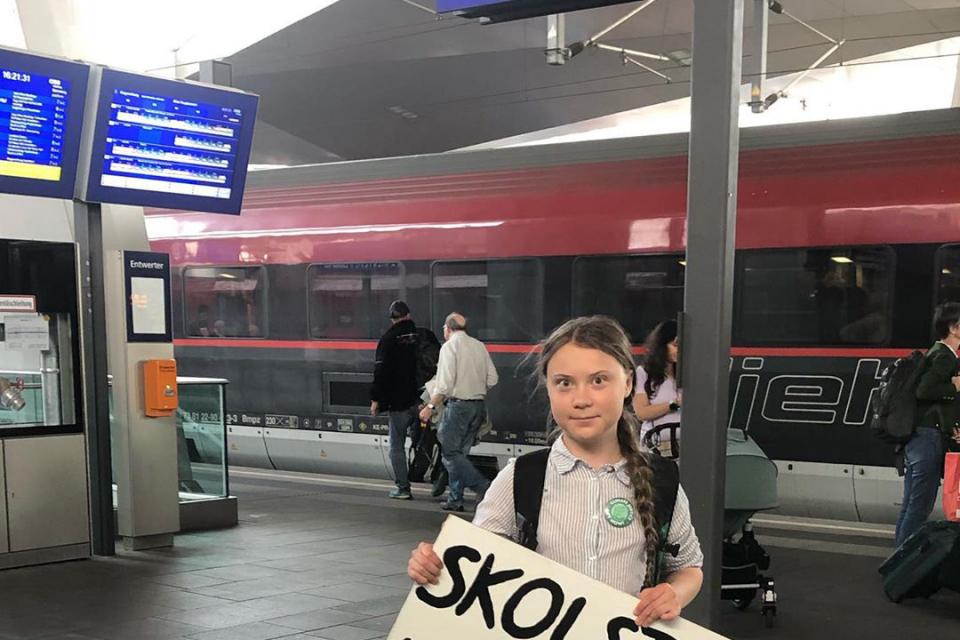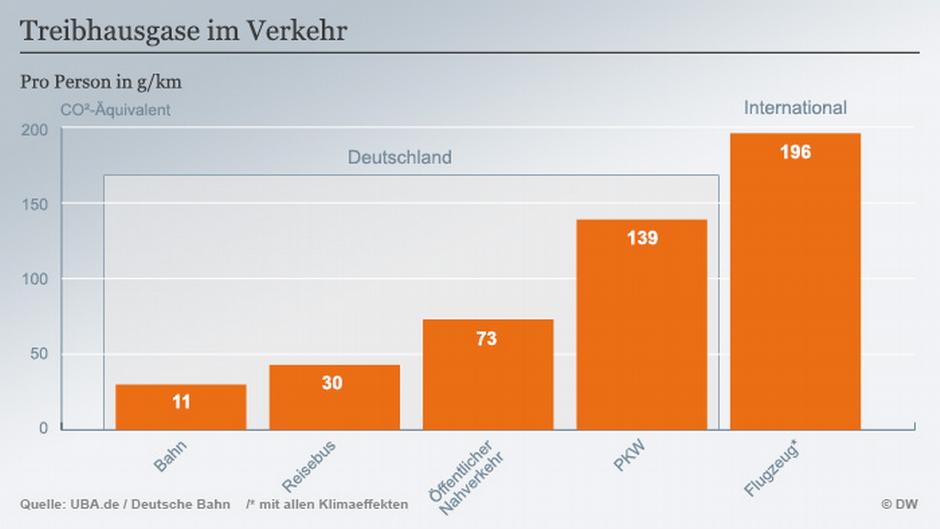Public takes flying’s impact into its own hands
Tackling environmental problems is generally thought to involve politicians introducing regulations and imposing measures that encourage or nudge behaviour in desired directions. But, following decades of government inaction on aviation emissions, the public is taking the matter into its own hands.

Citizens have responded with an initiative that has, so far, reduced air travel in Sweden by 4.5% (around 400,000 passengers) in the first quarter of this year. That is despite a growing economy, which normally means growing passenger numbers. It goes under the name ‘flygskam’, which is Swedish for ‘shame of flying’, and is meant to make taking a plane as socially unacceptable as smoking around children or not wearing a seat belt have become.
With climate breakdown having become the biggest issue among Sweden’s young people and Greta Thunberg’s ‘school strike’ movement having caught public interest last summer, Sweden’s airports and airlines are already seeing falling numbers. According to a survey by WWF, 23% of Swedes say they have not travelled by air in the past year for climate reasons (an increase from 17% over the previous year).
At the same time, train travel is rising, with that same WWF study showing an 18% rise in train travel for climate-motivated reasons, and Sweden’s national train operator SJ reporting a record 32 million passengers for 2018. There is also a corresponding growth in buzzwords for this, such as ‘tagskryt’ (train bragging) and even ‘smygflyg’ (flying in secret).
https://www.transportenvironment.org/news/public-takes-flying%E2%80%99s-impact-its-own-hands

Official petition launched to end ‘kerosene tax haven’
A European Citizens’ Initiative has been launched that calls for European governments to end aviation’s fuel tax exemption. The petition followed the leak of a report for the European Commission showing that taxing kerosene sold in Europe would cut aviation emissions by 11% and have no net impact on jobs or the economy as a whole. T&E is encouraging people to sign the petition, which could lead directly to legislation if it attracts one million signatures.
Noch nicht unterschrieben?
Click here: Sign now!
#ShowYourStripes

Sign now! Fuelling sustainability by taxing aviation fuel!
Kerosene-based aviation fuel has been exempt from taxes ever since the 1944 Chicago Convention on International Civil Aviation entered into force in 1947. However, campaigners assert that the convention does not explicitly forbid the taxation of aviation fuel.
The petitioners propose that “kerosene tax should be regressive in order to incentivise even more consumers to use alternatives transport modes,” which, in practice, would mean that shorter flights would pay higher fuel tax, thereby making more sustainable modes of transport an attractive option.
The petitioners further stress that this fuel tax could reap additional benefits, such as helping accelerate the transition to cleaner modes of travel and fund research into alternative technologies.
“If the petition were to reach one million signatures, the European Commission will have to make a proposal, and this could be binding. It’s a great opportunity,” concludes Tassos Papachristou, who is also involved in the EFTI.
Servicetweet für Nachtzugfahrer
Mehr dazu auf: https://www.verkehrsclub.ch/fileadmin/user_upload/10_angebote/02_services/03_magazin/dossier_d_mag_0319.pdf
Flygskam: The „Flying Shame“ Movement That’s Taking Over Sweden
The Swedish concept of „flygskam“ embodies a truly 21st century phenomenon – that icky feeling that you get when you take a flight because you know how bad it is for the environment to fly.
https://en.reset.org/blog/flygskam-flying-shame-movement-thats-taking-over-sweden-12112018
We all know that flying emits huge amounts of CO2. And covering the same distance by bus or train is always far more expensive. In fact, sometimes even getting to the airport by train can cost you twice as much as the flight itself. So why is air travel really so cheap?
https://en.reset.org/blog/why-are-flights-really-so-cheap-08282017
- Airlines still don’t pay any tax on kerosene.
- Within the EU, plane tickets are free from VAT (unlike train tickets, where VAT is at a hefty 19%)
- Airlines receive state support – Airbus and Boeing, for example, have been able to benefit from EU and US state aid for years, while many airlines are simply government owned.
- Flight operators benefit from subsidies when building and operating airports – subsidies provided by local authorities‘ tax revenue.
Umweltbundesamt
Werbeverbot für Airlines? Wer fliegt, sollte sich schämen!
Danke, lieber Boulevard, jetzt ist es auch bei euch angekommen:
https://www.mopo.de/hamburg/werbeverbot-fuer-airlines–wer-fliegt–sollte-sich-schaemen–32439574
Es geht an’s Eingemachte. Der Klimawandel wirft nicht nur seine Schatten voraus, er verdunkelt bereits zunehmend unser Leben. Extremsommer 2018, Ernteeinbußen in Milliardenhöhe, leerlaufende Flüsse ohne Schifffahrt sind noch in „guter“ Erinnerung. Mit trauriger Regelmäßigkeit ist in den Nachrichten aus aller Welt nachzulesen, dass Gletscher schneller schmelzen, Wirbelstürme weiter zunehmen und die Meere stärker versauern.
Das Fliegen trägt von allen Verkehrsmitteln – gemessen an seiner Transportleistung – am stärksten zu genau diesem Klimawandel bei. Auf jedem Flug werden Unmengen von Kerosin verbrannt, auch weil es nicht besteuert wird und damit so schön billig ist. Verbrannt dort, wo das entstehende CO2 am schädlichsten ist und sich Stickoxide zu Ozon mit Treibhauswirkung umwandeln. Hoch oben in der Stratosphäre mit verheerender Wirkung. Aber was soll’s, für 19,90 Euro nach Lissabon – warum nicht.
Den Preis fürs Fliegen zahlt das Klima
https://www.wwf.ch/de/unsere-ziele/flugverkehr
Nur rund fünf Prozent aller Menschen haben je ein Flugzeug bestiegen. Doch diese Minderheit verursacht enorme Emissionen: Ein einziger Urlaubsflug kann das Klima stärker aufheizen als ein Jahr lang Auto fahren und das Haus mit Erdöl heizen zusammen. Der Flugverkehr ist zudem einer der am schnellsten wachsenden Verursacher von Treibhausgasen und wird in der Schweiz mittelfristig zum klimaschädlichsten Sektor überhaupt.
Klimaverträglichere Alternativen
Klimaverträglich ist nur der Verzicht aufs Fliegen. Gerade für Kurzstreckenflüge – über 80 Prozent der Schweizer Passagiere steuern Ziele in Europa an – gibt es eine klimaverträglichere und oftmals schnellere Alternative, nämlich Zug oder Bus. Noch besser ist es, eine Reise zu vermeiden. Mit den heutigen Möglichkeiten für Telefon- und Videokonferenzen sind Flüge zu Geschäftspartnern oft gar nicht mehr nötig.

